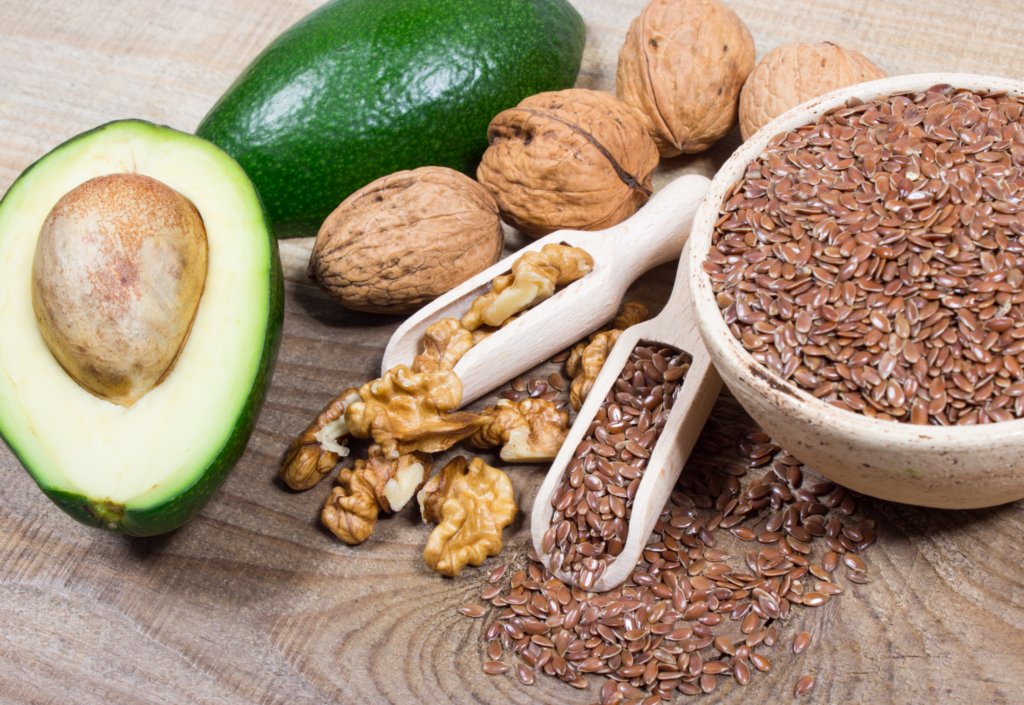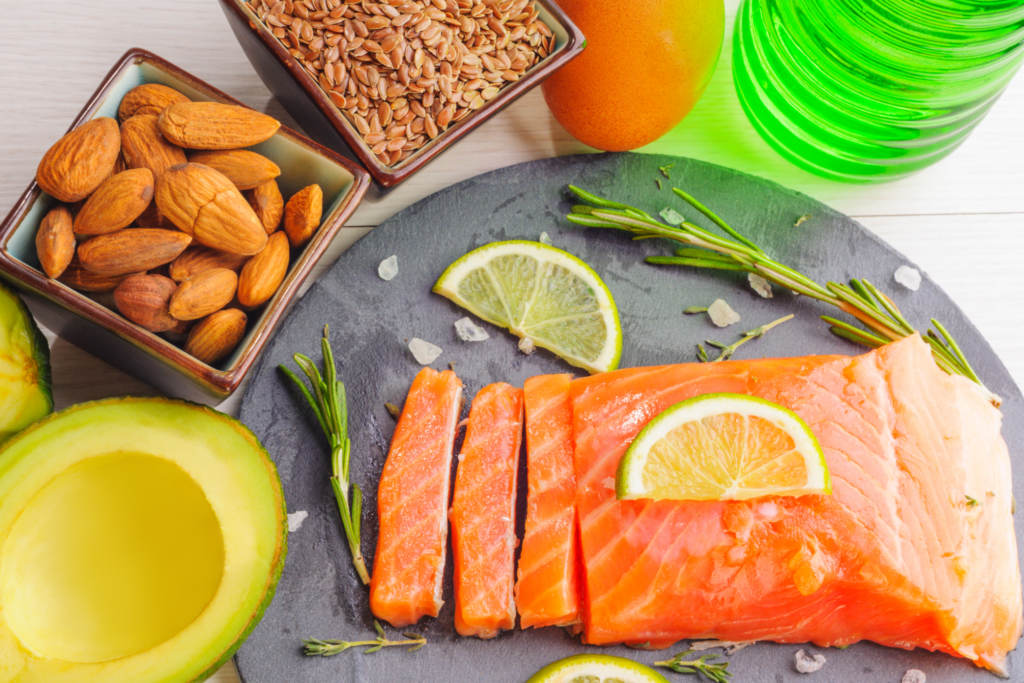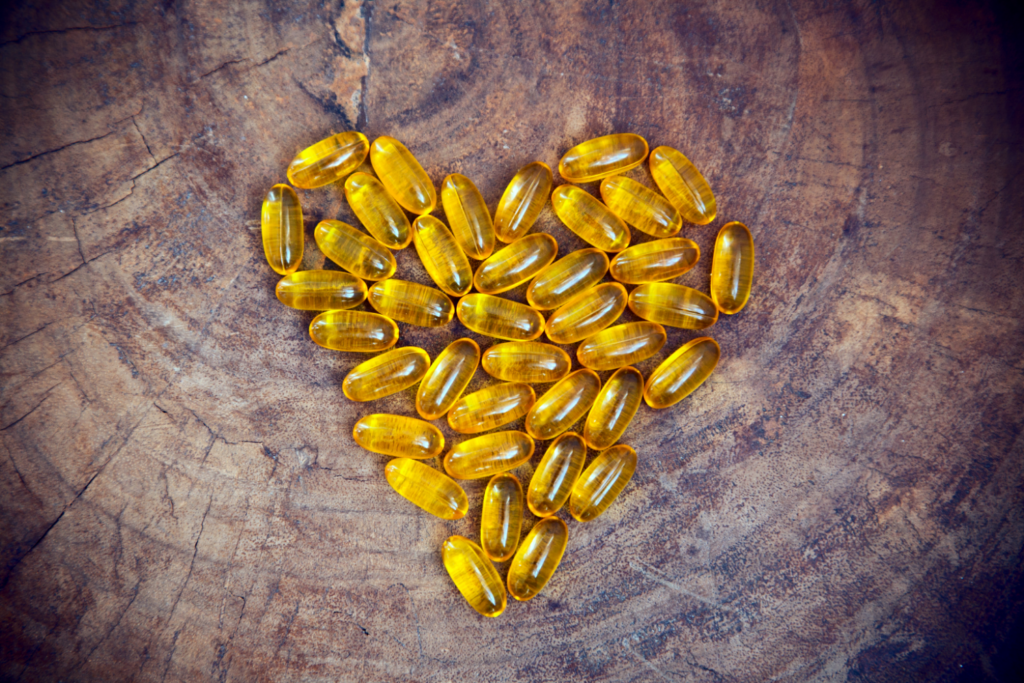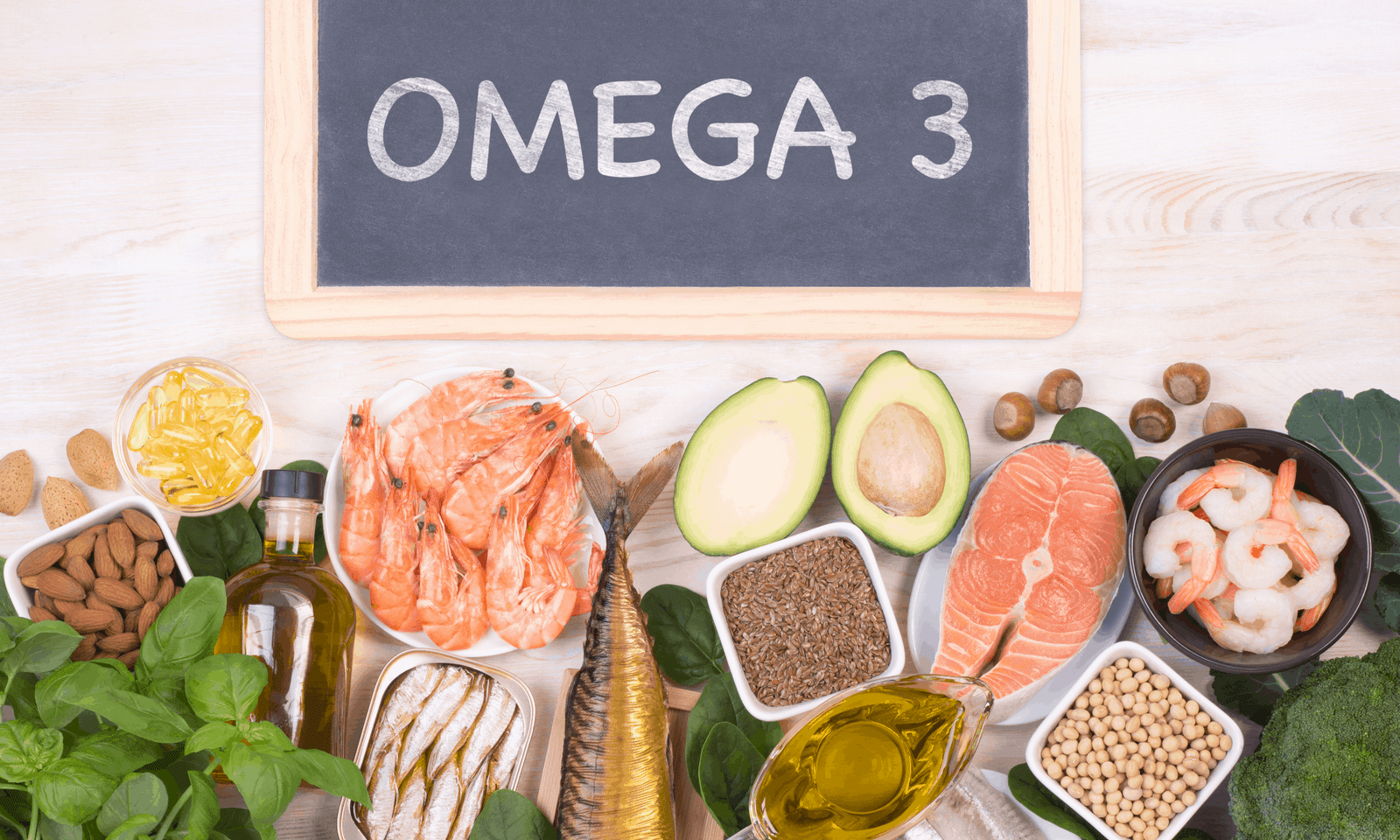What is the Miracle of Omega 3’s?
What is the miracle of Omega 3’s? The American Heart Association recommends eating fish that contain omega-3 fatty acids, which are linked to the improvement of heart disease risk. Good sources are trout, mackerel, herring, sardines, albacore tuna, and salmon (most cold-water fatty fish).

Plant-based sources, like walnuts, flax, chia, and tofu, are also recommended sources to consider.
“A single serving of coleslaw meets the USDA recommended daily allowance of Vitamin K. And cabbage is rich in Vitamins A and C, calcium, fiber, folate, even omega 3.”
Use a butter alternative in place of butter to help manage your heart health.

Omega-3 Fatty Acids are Essential
Omega-3 fatty acids are essential to proper metabolism of body fat and in maintaining healthy levels of triglycerides in the blood. Flax Seed Oil is an excellent source of Omega 3.

Circulation-enhancing dishes have the ability to increase sexual pleasure as well. Omega-3 in salmon can have a positive effect on your sex life.“Increased circulation and the nutrients in omega-3 are going to make you function better sexually.
According to the American Cancer Society Omega-3 fatty acids are important nutrients that are involved in many bodily processes. The body cannot make these fatty acids and must obtain them from food sources or from supplements.

What are the Symptoms of Omega-3 Deficiency
Symptoms of Omega 3 deficiency can present themselves in many ways. Omega 3 deficiency can cause dry skin, depression, mood swings, anxiety, poor circulation, thinning hair, poor memory, poor concentration, weight gain, dry eyes, fatigue, sleeplessness, dermatitis, brittle nails, joint pain, inflammation, ear wax build-up, dandruff, leg cramps, rashes, allergies, asthma, heart problems, and in women heavy menstruation.
So how do you overcome these symptoms? Make healthy additions to your diet and if needed add an Omega-3 supplement to your daily health regimen.
Food or Supplement, The Miracle of Omega 3’s
The American Heart Association recommends eating fish (particularly fatty fish) at least two times (two servings) a week. Each serving is 3.5 ounces cooked or about ¾ cup of flaked fish. Fatty fish like salmon, mackerel, herring, lake trout, sardines, and albacore tuna are high in omega-3 fatty acids. Increasing omega-3 fatty acid consumption through foods is preferable.
However, those with coronary artery disease, may not get enough omega-3 by diet alone. These people may want to talk to their doctor about supplements. And for those with high triglycerides, even larger doses could help.

Health Care Cost
Health care cost is at an all-time record high according to the Insurance and Financial Advisor (IFA). Insurance also is at an increase in premiums over prior years. Cancer care costs continue to rise and a recent American Cancer Society survey found that one-quarter of U.S. cancer patients put off getting a test or treatment because of cost.
Prevention of cancer and other diseases is paramount as advances in early detection, prevention, and treatment of cancer and other health conditions are available and accessible by most Americans. Diet is certainly one area where we can be in control and make a difference.
In Conclusion, The Miracle of Omega 3’s
More on the American Heart Association here.
More about us here.

Advertisement
As an Amazon Associate, Omega 3 Tips earns from qualifying purchases.
Miracles Wall Art
ADD ADHD Alzheimers antioxidants arthritis Best Sources of Omega 3 6 9 Fatty Acids cancer exercise fatty acids fatty fish fermented foods fish oil flax seed oil health benefits healthy diet Healthy Lifestyle healthy lifestyle benefits healthy lifestyle food Healthy Weight loss heart disease herring hummus indoor herb garden grow light indoor herb garden kits indoor herb garden on wall indoor herb garden planters jackfruit joint stiffness mackerel meditation mental health mushrooms oily fish omega-3 omega-3 fatty acids omega 3 6 9 risks and side effects Omega3tips.com salmon sardines super foods tuna unplug vitamins Weight loss wellness
Yes, it is possible to get Omega 3s from plants. Foods such as chia seeds, pumpkin seeds, walnuts, hemp seeds, and flaxseeds are all plant-based sources of omega-3 fatty acids. Additionally, certain vegetables and vegetable oils contain significant amounts of omega-3s.
American Heart Association
Science Based Benefits of Omega 3’s [Source] Hjalmarsdottir, F., 17. science-based benefits of omega-3 fatty acids. Natural health.
Dietary Fats
Targeted Nutrition for All Ages


